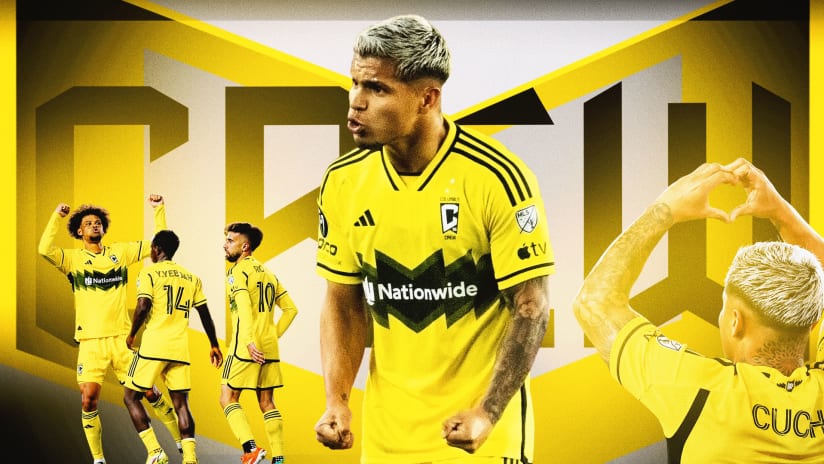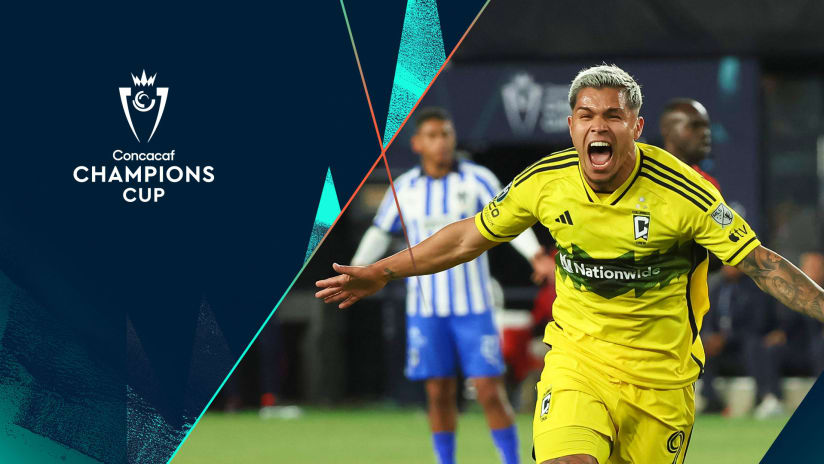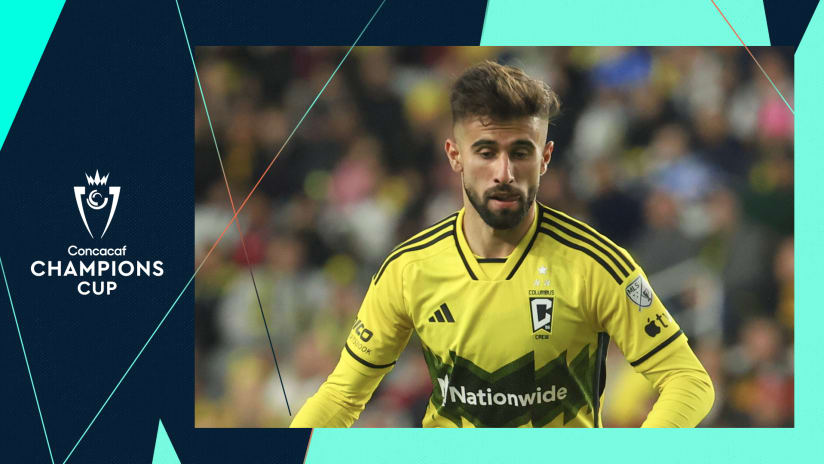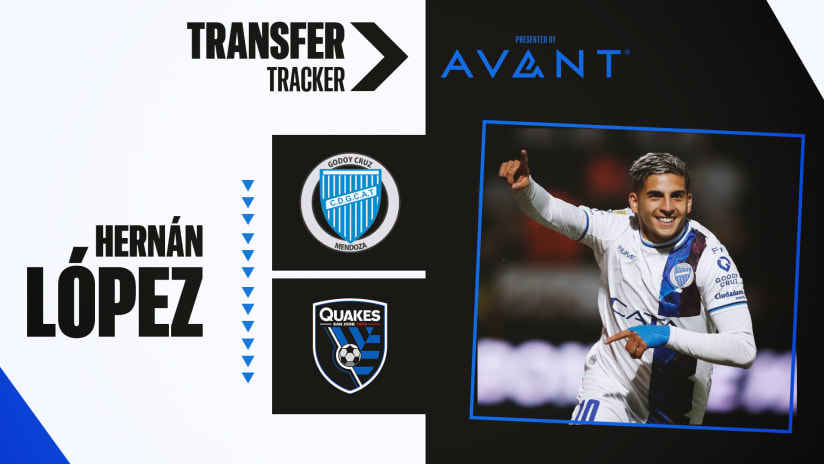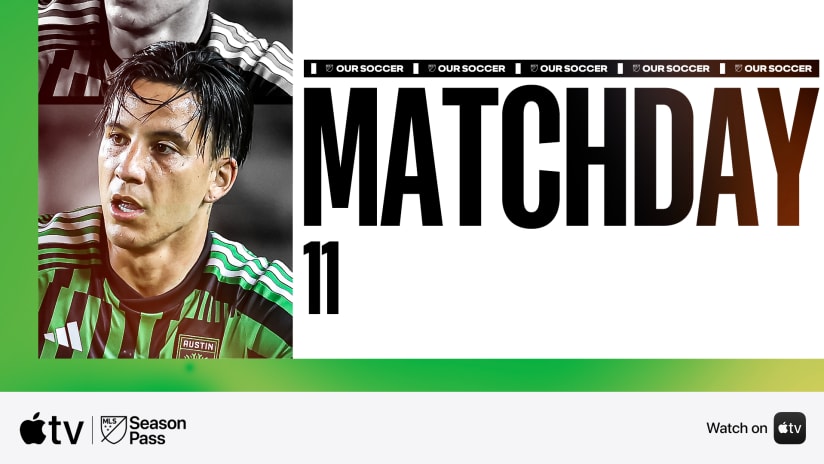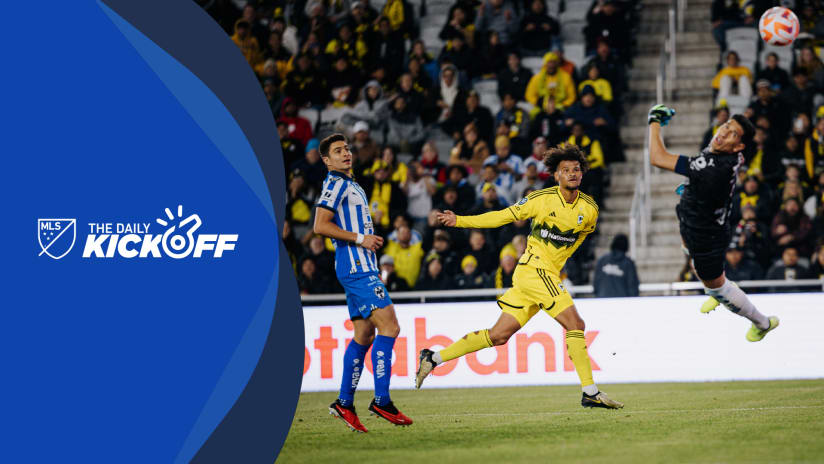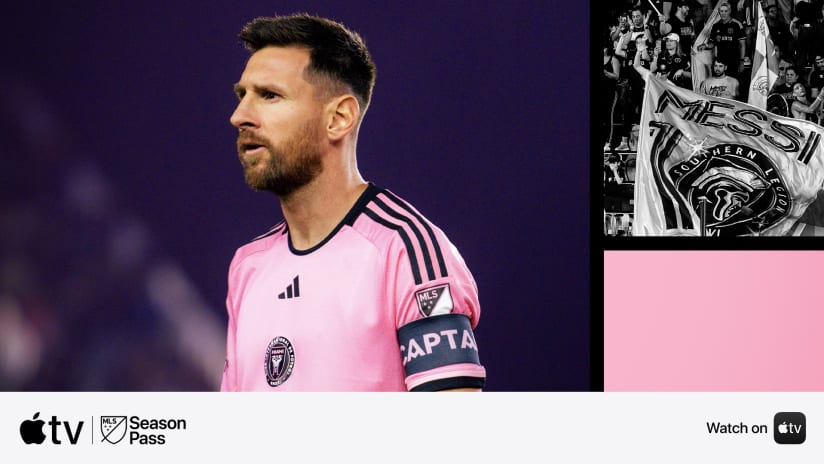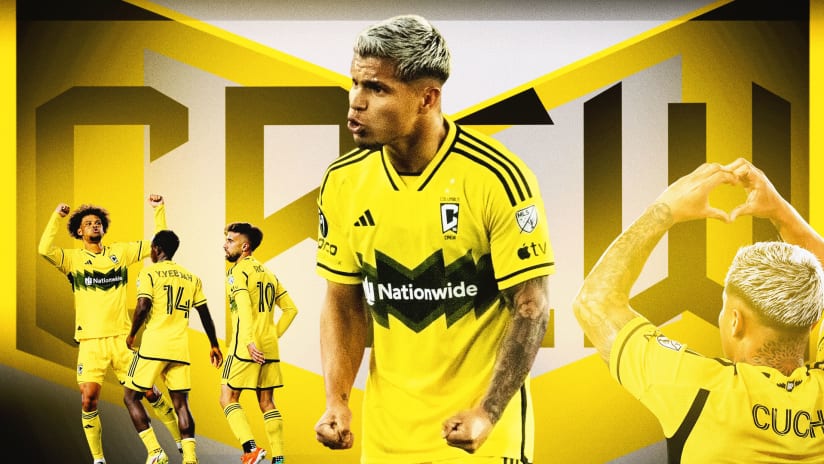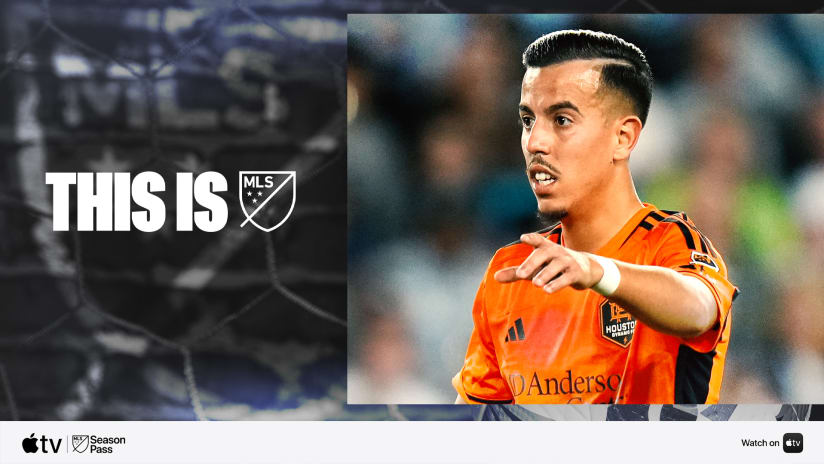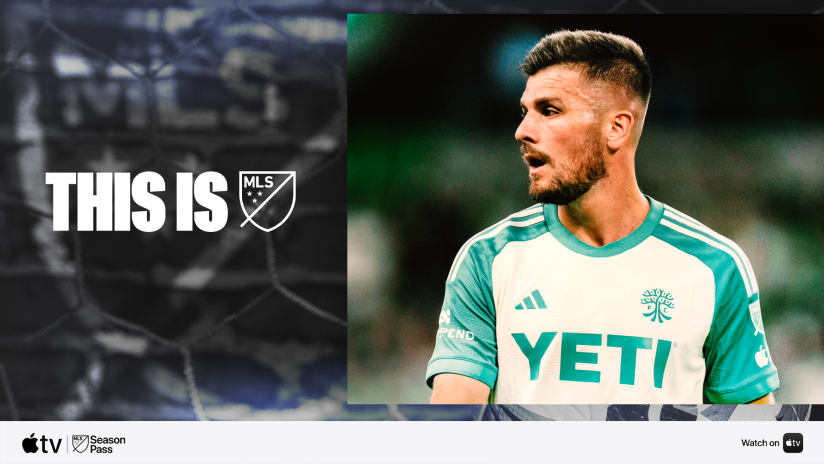The CONCACAF Champions League is back, and with it comes another opportunity for MLS teams to strut their stuff against the best competition that the rest of North America has to offer.
If you're familiar with the competition, great! We'll leave you with the schedule, standings and a preview of the eight groups. But if you're still wondering what all this is about, worry no more – we've got an FAQ here that should clear up a few things about one of the most dramatic competitions North American soccer has to offer.
What is the CONCACAF Champions League?
The CONCACAF Champions League – known officially as the Scotiabank Champions League and popularly abbreviated 'CCL' – is North America’s most prestigious international club competition. The best teams from the United States, Canada, Mexico and the rest of North America, Central America and the Caribbean get together in a battle for continental supremacy that stretches from August to April.
It is the North American equivalent to the UEFA Champions League in Europe, the Copa Libertadores in South America, as well as the Champions League competitions in Africa, Asia and Oceania.
Who is playing in the CCL and how did they qualify?
There are 24 teams participating in the CCL, five of which hail from Major League Soccer. In the 2016-17 edition, these teams are:
- Portland Timbers – qualified as 2015 MLS Cup champions
- New York Red Bulls – qualified as 2015 MLS Supporters’ Shield winners
- FC Dallas – qualified as the first-place regular-season team in the conference opposite the Supporters’ Shield winners in 2015
- Sporting Kansas City – qualified as 2015 US Open Cup winners
- Vancouver Whitecaps – qualified as 2015 Canadian Championship winners
In addition to the four teams from the United States and one from Canada (teams from those countries qualify separately despite playing in the same league structure), there are four teams from Mexico, plus teams from Costa Rica, Honduras, Guatemala, Panama, El Salvador, Nicaragua, Belize, Trinidad and Tobago and Haiti participating in the 2016-17 CCL.
How does it work?
The 24 teams are broken up into eight groups of three teams each. Each team plays the other teams in their group, home and away, over the course of August, September and October. The top team in each group advances to the quarterfinals, with the teams who do better in their respective groups earning better quarterfinal seeding.
In the knockout rounds, the eight remaining teams are paired off and play an aggregate goals series. The repeats until a winner is crowned in the final.
Has an MLS team ever won CCL before?
Short answer: no. Since the CCL was conceived in its current form ahead of the 2008-2009 competition, the roll of honor has been exclusively the domain of Mexican teams. Real Salt Lake in 2011 and the Montreal Impact in 2015 did reach the final, but ultimately fell short.
Two MLS teams did win the CCL’s predecessor – the CONCACAF Champions Cup. D.C. United became the first MLS team to win the 1998 and were followed in 2000 by the LA Galaxy. While both were commendable achievements, the tournaments involved significantly fewer games, and were played over a short time span in the two teams' home markets. Nowadays, it requires a much heavier lift, more depth, more travel and much more patience to capture a CCL title.
Why is winning the CCL a big deal?
In addition to conferring bragging rights for both the club and the league, not to mention a decent chunk of prize money, winning the CCL provides entry into the annual FIFA Club World Cup. The Club World Cup is a competition held every December that pits the champions of each continent against each other. In other words, it is the only time that an MLS team could conceivably find itself facing the likes of Barcelona, Bayern Munich or Boca Juniors in an actual competitive game, not to mention one with bragging rights as the best team in the world on the line.
Why haven’t MLS teams been able to win the CCL?
It’s a question that’s worth at least a columnor two all on its own. But again, the short answer is that the teams from a long-established league such as Mexico’s typically have more resources and deeper rosters. There are also other factors at play, like the travel, climate, hostile fans and less-than-ideal playing conditions found in other parts of North America that MLS teams may not be as used to as their Mexican counterparts.
One of the more popular theories has to do with the scheduling of the competition's knockout rounds. The quarterfinals usually begin in February, when MLS teams are still in their preseason. Mexican teams, and those from most other leagues around the continent, are usually well in-season by that point, giving them a leg up in terms of fitness and team cohesion.
Could an MLS team win CCL this year?
It’s impossible to say, but after seeing Real Salt Lake and Montreal come within a hair’s breadth of taking the title in the last five years, it’s certainly not an impossible feat. That being said, it is best left to a team with a deep roster from the get-go, and one that has a coach with the tactical and motivational acumen to guide his team against squads with superior talent in trying conditions.
What else should I be watching for?
The CONCACAF nations have long been fertile ground for MLS scouts looking to recruit fresh talent for their teams, and many of those players will have played at one point or another in the CCL. There are too many CCL-experienced players in MLS to list here, but among the more recent arrivals and standouts are Vancouver's Kendall Waston, Montreal's Johan Venegas and Sporting KC's Ever Alvarado. So if you're wondering whether that Costa Rican guy your team has been scouting is any good, you may just get a chance to see for yourself in the CCL.
Where can I watch it?
Unfortunately, viewing options for this year’s CCL group stage will be limited. Select games will be available in the United States on Univision Deportes. You can check the CCL schedule page, which will be updated as TV information becomes available, for game-by-game information


